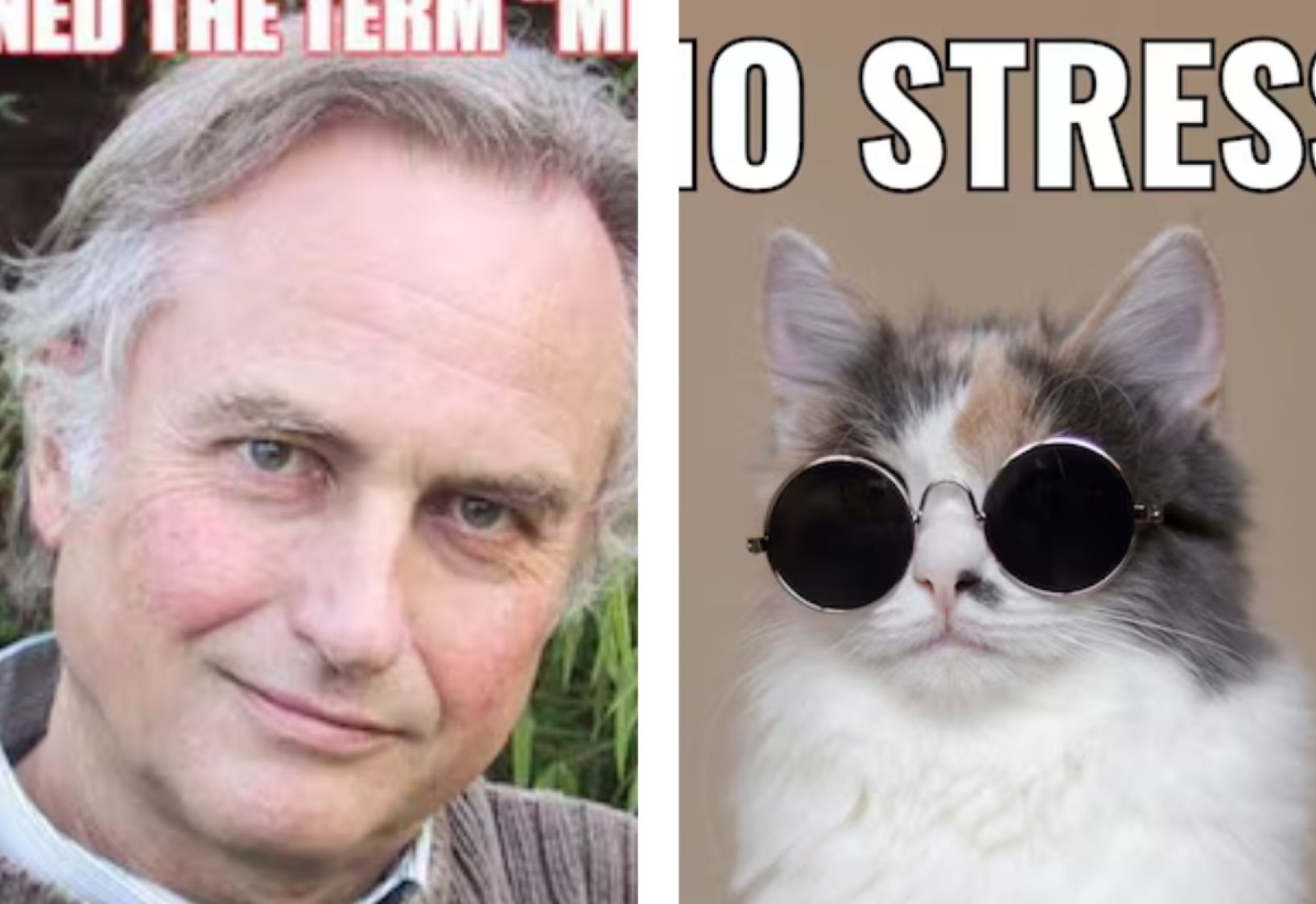By Wendellyn Mateo
There’s a chance that if one has thrown themselves into the vast terrain of social media for at least half of the day, they would find an image of Beyonce’s shocked face when she won the Best Country Album at the 2025 Grammy Awards, plastered with some random text on top that described a moment in their life when they felt as startled as she was.
It’s called a meme, and they’ve been around even before the Internet became a thing.
What do you meme?
Kirby Conrod, a professor of linguistics at Swarthmore College, dubbed the meme as a “self-replicating chunk of information” in a report from The New York Times.
The concept, he said, could be explained as a piece of information, like an inside joke one has with friends or an advertising jingle repeatedly playing in their brain for years, self-replicating because people tend to share things and repeat them.
But its charm is not only the image itself, but what is hidden beneath its tiny pixels: the message, and how it is conveyed through humour and relatability.
Meme as literacy lens
For sociolinguist Julia de Bres, it offers a different type of digital or media literacy that everyone needs to understand – a new way of viewing literacy.
Analysing memes was even part of a literacy exam from the National Certificate of Educational Achievement in New Zealand, something de Bres was positive about, especially the idea that successful literacy now involved reading into memes.
“The current use of literacy goes beyond the skill-based concept to see literacy more as a social practice,” de Bres told Nights in a report from Radio New Zealand.
Universality of memes
In the digital age where nearly everyone shares a space with 5.24 billion other social media users around the world – based on DataReportal – memes can serve as a communication tool, an aspect increasingly being delved into as part of media literacy – particularly as governments grapple with the rise of rampant misinformation.
A study from the University of Bath published at Social Media + Society this year explored how conspiracy theory communities use memes to spread unverified information and reinforce their collective beliefs.
It analysed over 500 memes shared across two coronavirus disease conspiracy theory communities between 2020 and 2022 on forum social network on Reddit, where groups utilised standardised meme templates and characters to build a shared identity.
Evolving landscape of Media Literacy
Organisation Media Literacy Now describes media literacy as the ability to decipher media messages, assess their influence on thoughts, feelings and behaviours and create media thoughtfully and conscientiously.
Just last year, SHAPE America decided to incorporate media literacy skills to its New National Health Standards – a move that Media Literacy Now founder Erin McNeill said underscored the clear need to decode messages and distinguish information sources, given the constant presence of social media.
“Media literacy is a survival skill for young people in the 21st Century,” said McNeill.
READ MORE: Entertainment news: The Beatles score prize at the Grammys
